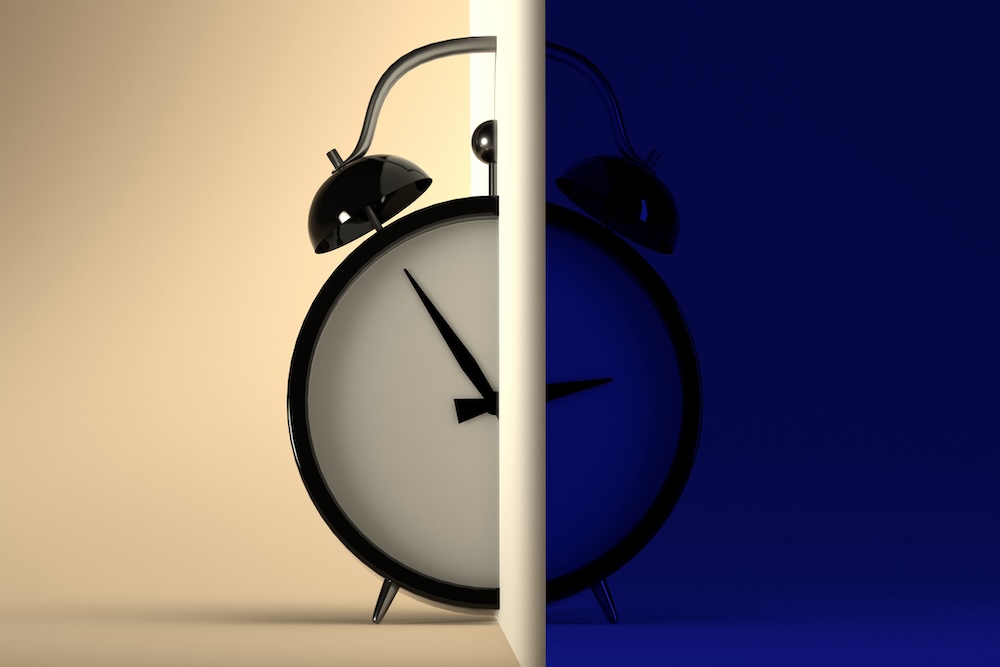Media Coverage
The work done by Northwestern University Feinberg School of Medicine faculty members (and even some students) is regularly highlighted in newspapers, online media outlets and more. Below you’ll find links to articles and videos of Feinberg in the news.
-
Yahoo!
–
Dry Winter Skin: Eczema, Psoriasis, and Rosacea Explained
More than 30 million Americans have eczema, or patches of red, thick, scaly, itchy skin. Older adults are at higher risk for asteatotic eczema, which often causes intense dryness and itchiness on the lower legs. Eczema crops up often in people with asthma or hay fever, but stress, dry heat, allergens, and fragrances and dyes in household products can set it off, too, says Jonathan Silverberg, M.D., director of the Northwestern Medicine Multidisciplinary Center for Eczema at Northwestern University in Chicago.
-
Business Insider
–
Some immune-boosting cancer drugs may pose rare heart risks
Studies have shown that the drug combination gives a stronger anti-cancer effect than either drug alone, but “we’ve known this is a double-edged sword” because of the risk of over-stimulating the immune system, said Dr. Jeffrey Sosman of Northwestern University in Chicago, who treated the two patients who died. “The big question is, is there enough advantage to using the combination, which is much more toxic, than a single drug,” he said.
-
CNBC
–
Some immune-boosting cancer drugs may pose rare heart risks
Studies have shown that the drug combination gives a stronger anti-cancer effect than either drug alone, but “we’ve known this is a double-edged sword” because of the risk of over-stimulating the immune system, said Dr. Jeffrey Sosman of Northwestern University in Chicago, who treated the two patients who died. “The big question is, is there enough advantage to using the combination, which is much more toxic, than a single drug,” he said.
-
ABC News
–
Some immune-boosting cancer drugs may pose rare heart risks
Studies have shown that the drug combination gives a stronger anti-cancer effect than either drug alone, but “we’ve known this is a double-edged sword” because of the risk of over-stimulating the immune system, said Dr. Jeffrey Sosman of Northwestern University in Chicago, who treated the two patients who died. “The big question is, is there enough advantage to using the combination, which is much more toxic, than a single drug,” he said.
-
The Washington Post
–
Some immune-boosting cancer drugs may pose rare heart risks
Studies have shown that the drug combination gives a stronger anti-cancer effect than either drug alone, but “we’ve known this is a double-edged sword” because of the risk of over-stimulating the immune system, said Dr. Jeffrey Sosman of Northwestern University in Chicago, who treated the two patients who died. “The big question is, is there enough advantage to using the combination, which is much more toxic, than a single drug,” he said.
-
The Associated Press
–
Some immune-boosting cancer drugs may pose rare heart risks
Studies have shown that the drug combination gives a stronger anti-cancer effect than either drug alone, but “we’ve known this is a double-edged sword” because of the risk of over-stimulating the immune system, said Dr. Jeffrey Sosman of Northwestern University in Chicago, who treated the two patients who died. “The big question is, is there enough advantage to using the combination, which is much more toxic, than a single drug,” he said.
-
PRI
–
Are on-demand, at-home blood tests better for our health?
However, some medical professionals see potential pitfalls in our increasing access to home blood testing. Shannon Haymond, an associate professor of pathology at Northwestern University, points out that we can already go to the store for pregnancy or urine drug tests, for example, and many diabetics are expert at checking their own blood glucose levels. But by and large, she thinks on-demand blood testing can lead us down the wrong road when it comes to keeping tabs on our health.
-
U.S. News & World Report
–
Coffee’s Impact a Matter of Genes?
Why can some people enjoy a cup of coffee just before bed and sleep peacefully, while others lie awake for hours? A new study suggests genes may hold the answer. “Each of us could be potentially responding to caffeine differently, and it’s possible that those differences can extend beyond that of caffeine,” said study author Marilyn Cornelis. She is an assistant professor in the department of preventive medicine at Northwestern University Feinberg School of Medicine in Chicago.
-
HealthDay
–
Coffee’s Impact a Matter of Genes?
Why can some people enjoy a cup of coffee just before bed and sleep peacefully, while others lie awake for hours? A new study suggests genes may hold the answer. “Each of us could be potentially responding to caffeine differently, and it’s possible that those differences can extend beyond that of caffeine,” said study author Marilyn Cornelis. She is an assistant professor in the department of preventive medicine at Northwestern University Feinberg School of Medicine in Chicago.
-
HealthDay
–
Irregular Heart Rhythm Patients May Not Always Need Blood Thinners: Study
“Some patients have atrial fibrillation 100 percent of the time, while others might have only a few seconds of atrial fibrillation once a year,” explained study author Dr. Steven Swiryn. He’s a clinical professor of cardiology at the Feinberg School of Medicine at Northwestern University in Chicago. “Where atrial fibrillation only happens rarely and lasts a short time, it can be difficult to detect,” Swiryn said.






